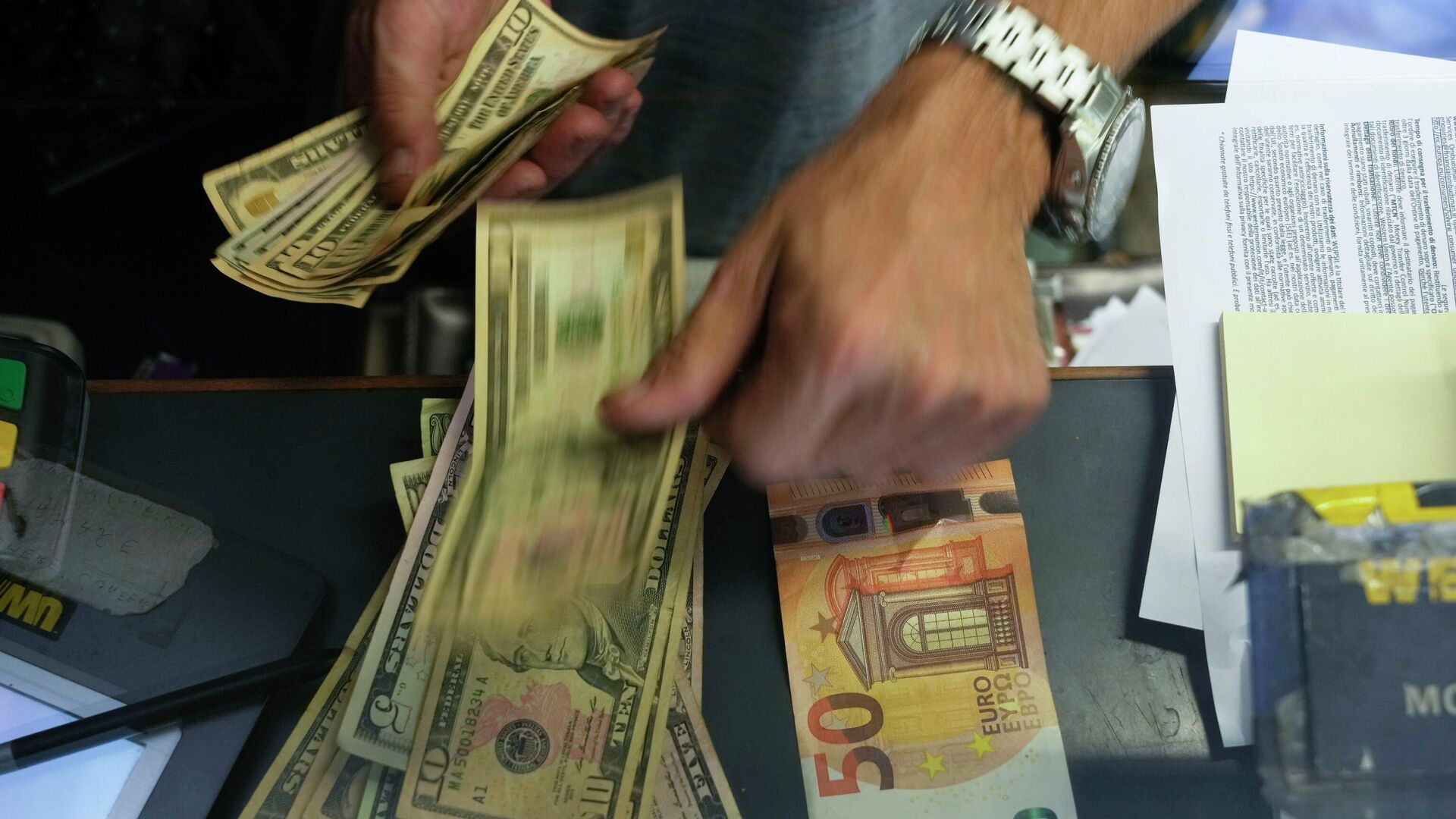https://sputnikglobe.com/20221213/us-investor-jim-rogers-expects-money-printing-will-lead-to-more-inflation-1105406474.html
US Investor Jim Rogers Expects Money Printing Will Lead to More Inflation
US Investor Jim Rogers Expects Money Printing Will Lead to More Inflation
Sputnik International
WASHINGTON (Sputnik) - Renowned US investor Jim Rogers told Sputnik that he expects that money printing will continue and it will result in more inflation. 13.12.2022, Sputnik International
2022-12-13T04:32+0000
2022-12-13T04:32+0000
2022-12-13T04:32+0000
world
inflation
money
https://cdn1.img.sputnikglobe.com/img/07e6/08/16/1099853225_0:160:3073:1888_1920x0_80_0_0_025c178a26b8f04d33a17b92fd5f0e63.jpg
"Energy and some prices have come down a bit, but that's the way markets work. When something goes straight up, it always has a reaction of correction going on, and that's what's happening now, for a variety of reasons," Rogers said. "If the war gets worse, the prices will go higher. If money printing continues, prices will go higher. Many banks raised interest rates. That is one of the reasons we had corrections and reactions, but in the end we're going to have more inflation, because money printing always leads to inflation and they will print money again."Rogers went on to say that if there are economic slowdowns next year or the year after, central banks will print more money.Western countries have increased sanctions pressure on Russia since the start of its special military operation in Ukraine on February 24. Disruptions in supply chains have since led to higher fuel and food prices across the EU and the US, driving inflation to record levels and causing the cost of living to soar. In November, inflation in the US slowed down to 7.8%.
Sputnik International
feedback@sputniknews.com
+74956456601
MIA „Rossiya Segodnya“
2022
Sputnik International
feedback@sputniknews.com
+74956456601
MIA „Rossiya Segodnya“
News
en_EN
Sputnik International
feedback@sputniknews.com
+74956456601
MIA „Rossiya Segodnya“
Sputnik International
feedback@sputniknews.com
+74956456601
MIA „Rossiya Segodnya“
us, investor, jim rogers, money printing, inflation
us, investor, jim rogers, money printing, inflation
US Investor Jim Rogers Expects Money Printing Will Lead to More Inflation
WASHINGTON (Sputnik) - Renowned US investor Jim Rogers told Sputnik that he expects that money printing will continue and it will result in more inflation.
"Energy and some prices have come down a bit, but that's the way markets work. When something goes straight up, it always has a reaction of correction going on, and that's what's happening now, for a variety of reasons," Rogers said. "If the war gets worse, the prices will go higher. If money printing continues, prices will go higher. Many banks raised interest rates. That is one of the reasons we had corrections and reactions, but in the end we're going to have more inflation, because money printing always leads to inflation and they will print money again."
Rogers went on to say that if there are economic slowdowns next year or the year after, central banks will print more money.
"They always do and that will lead to more inflation. Inflation is not over," the investor stated. "I'm afraid we're gonna have serious inflation in the next few years because central banks have printed and will print a lot of money in the future. Interest rates are up in the last year or two but nothing compared to what they have been historically. Interest rates must go really, really high to kill inflation and they're not killing inflation yet, except in the short term."
Western countries have increased sanctions pressure on Russia since the start of its special military operation in Ukraine on February 24. Disruptions in supply chains have since led to higher fuel and food prices across the EU and the US, driving inflation to record levels and causing the cost of living to soar. In November,
inflation in the US slowed down to 7.8%.


